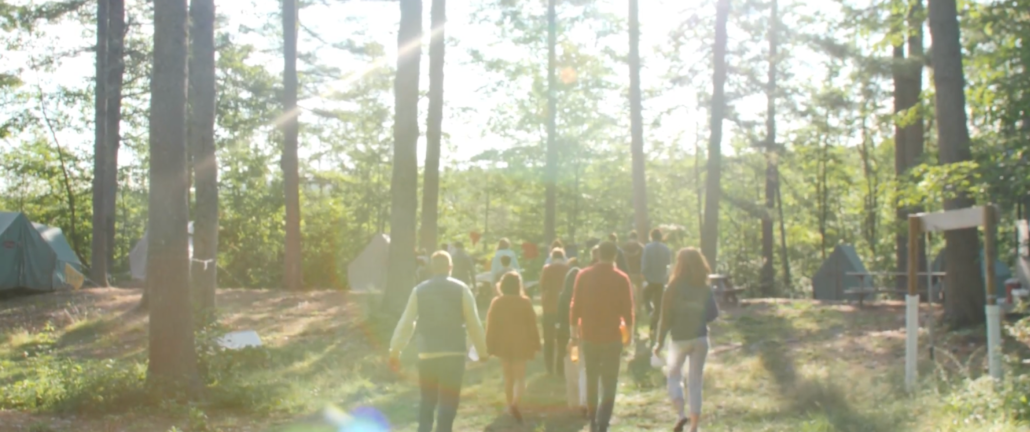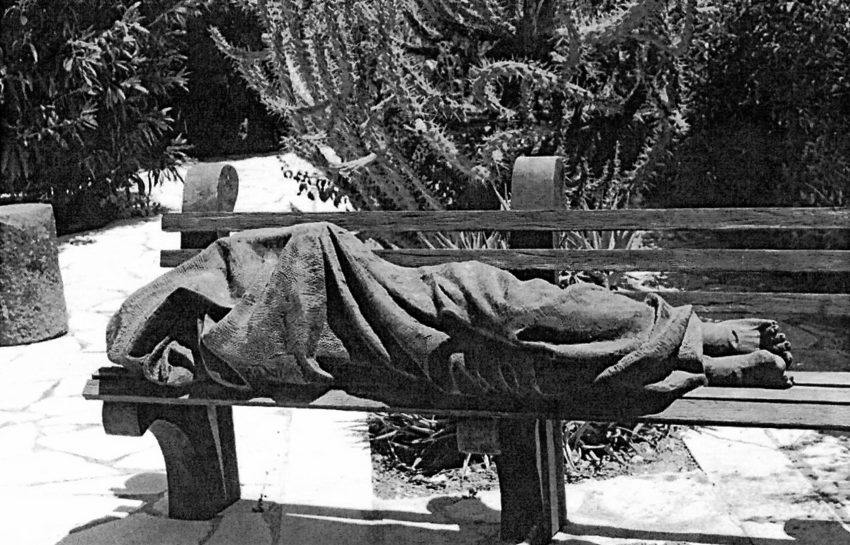Palm Sunday
Palm Sunday
Behind every human being stands an unseen, unknown world. What we see and hear is but the person. In ancient Rome persona was the word for the mask through which an actor spoke on the stage. The word literally means: sound-through.
We are surrounded by masks, which usually speak in riddles—just as we do. Frequently, someone or something other than ourselves speaks through such a mask. Who is it that speaks through us when we want to enrich ourselves at the expense of others, or when we want to exercise power over other people? And who speaks through us when we dedicate ourselves to serve other people or a high ideal?
Whether we want to or not, with every word, every deed, every thought, we create or destroy, visibly or invisibly. Don’t look at the outside but listen for the “moral music” behind the words; try to catch the hidden language of the intention—and you will learn to recognize who is speaking through the per-sona.
Without realizing what they were shouting, on Palm Sunday people said the truth with the words “Blessed is He who comes in the name of the Lord!” (Mt.21:9)
He came in the name of the Lord.
And we?
As long as we only come in our own name, in our own interest, we disturb something in the world around us. Today this is happening on a large scale with the earth. We are confronted with the destructive consequences of our egotism and greed.
Wherever we go or stand, we can bless and be blessed. You don’t need to shout it from the rooftops, like the crowd did on Palm Sunday. You can simply come, think, walk in the name of the Lord, without even mentioning His name.
And He will give His blessing—a blessing none of us can give out of ourselves.
–Rev. Bastiaan Baan, Palm Sunday March 28, 2021


